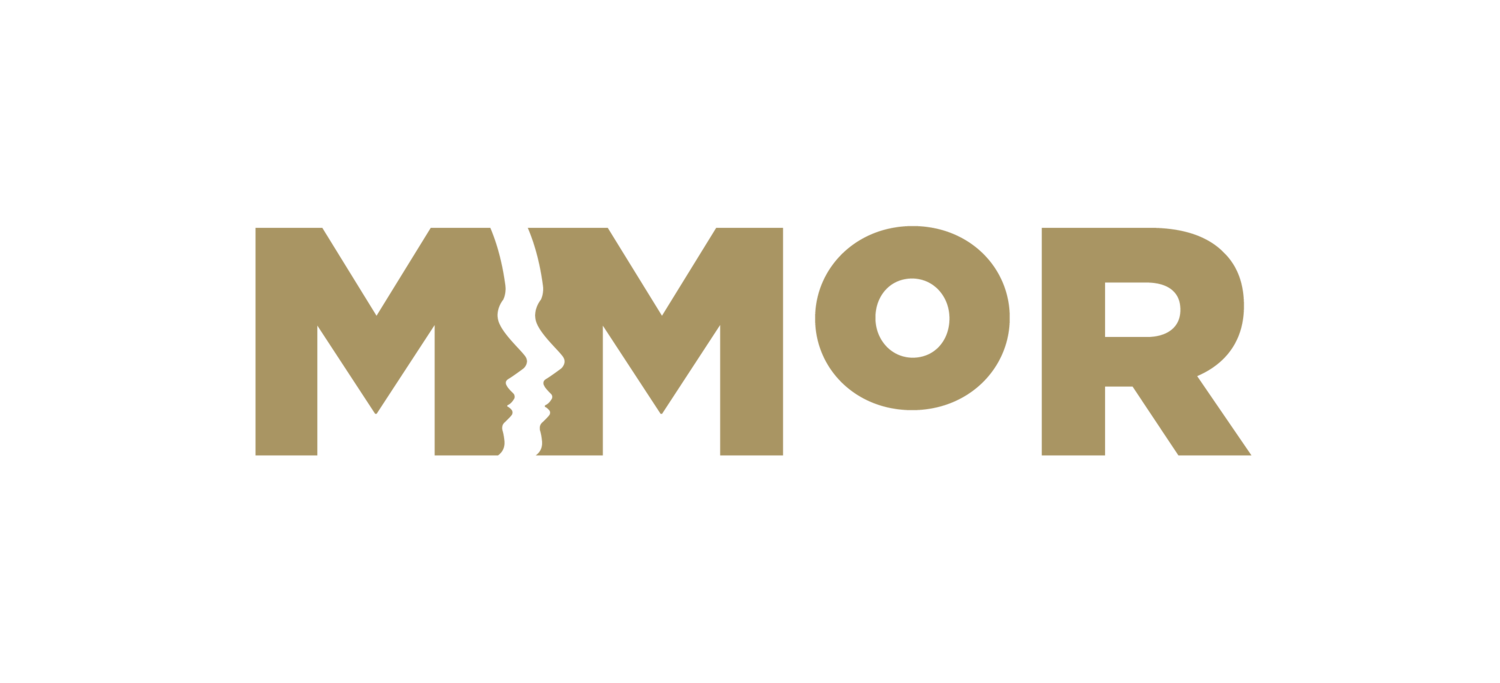A two-day conference taking place in The Council Room at King’s College London’s Strand Campus. Featuring key notes from Heather Miyano Kopelson and Dennis Britton, this conference will explore the complex relationship between religion and race from a variety of disciplinary and methodological perspectives.
Book to attend in person here, or book to watch the online stream here. See the Programme here, and Abstracts and Bios here.
In recent decades, race has been firmly established as a significant category and rich site of analysis in the early modern world. Religion is an essential part of this story. Christian doctrine was the lens through which European explorers, colonizers, and slaveholders understood somatic and cultural difference and, subsequently, the means by which they justified their violent and extractive practices, including the institution of slavery. At the same time, indigenous Americans and Afro-descended people were converting (willingly or otherwise) to Christianity, and, as various scholars have demonstrated, using the principles of spiritual equality and universal Christendom to push back against their subjugation. The existence of black and indigenous confraternities, and the veneration of black saints, likewise offered a means to challenge the associations between racialised identity and reprobation, allowing these groups to lay a claim to full participation in spiritual and social life.
